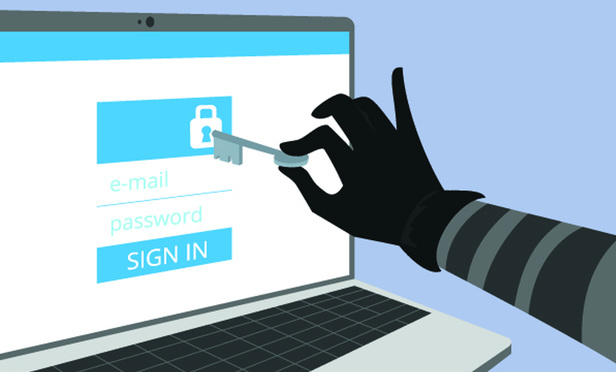Discovery is a process whereby information relevant and responsive to a litigation is distilled from larger sets of data in the possession of the producing party. This responsive information becomes increasingly concentrated as the process moves from preservation to collection to culling to review. Finally, after essentially boiling off the irrelevant data, the concentrated responsive information is produced to the requesting party. The discovery process has also concentrated the value of the information being produced because, by removing the irrelevant, the production contains more information that is commercially sensitive or potentially embarrassing. Used inappropriately, the production could significantly injure the producing party.
Protective orders were designed to protect against exactly this issue. For example, in a federal court action, Federal Rule of Civil Procedure 26(c) allows a court to “issue an order to protect a party or person from annoyance, embarrassment, oppression, or undue burden or expense.” Similarly, under New York law, N.Y. C.P.L.R. §3103(b) allows a court to issue a protective order “designed to prevent unreasonable annoyance, expense, embarrassment, disadvantage, or other prejudice.” It is well understood that while parties are entitled to discovery to prosecute their claims or defenses, they are not entitled to conduct discovery to satisfy their curiosity or obtain information to use elsewhere. Thus, protective orders are traditionally drafted to protect against one party using an opponent’s production outside of the litigation or intentionally disclosing the production to a third party.
This content has been archived. It is available through our partners, LexisNexis® and Bloomberg Law.
To view this content, please continue to their sites.
Not a Lexis Subscriber?
Subscribe Now
Not a Bloomberg Law Subscriber?
Subscribe Now
LexisNexis® and Bloomberg Law are third party online distributors of the broad collection of current and archived versions of ALM's legal news publications. LexisNexis® and Bloomberg Law customers are able to access and use ALM's content, including content from the National Law Journal, The American Lawyer, Legaltech News, The New York Law Journal, and Corporate Counsel, as well as other sources of legal information.
For questions call 1-877-256-2472 or contact us at [email protected]



